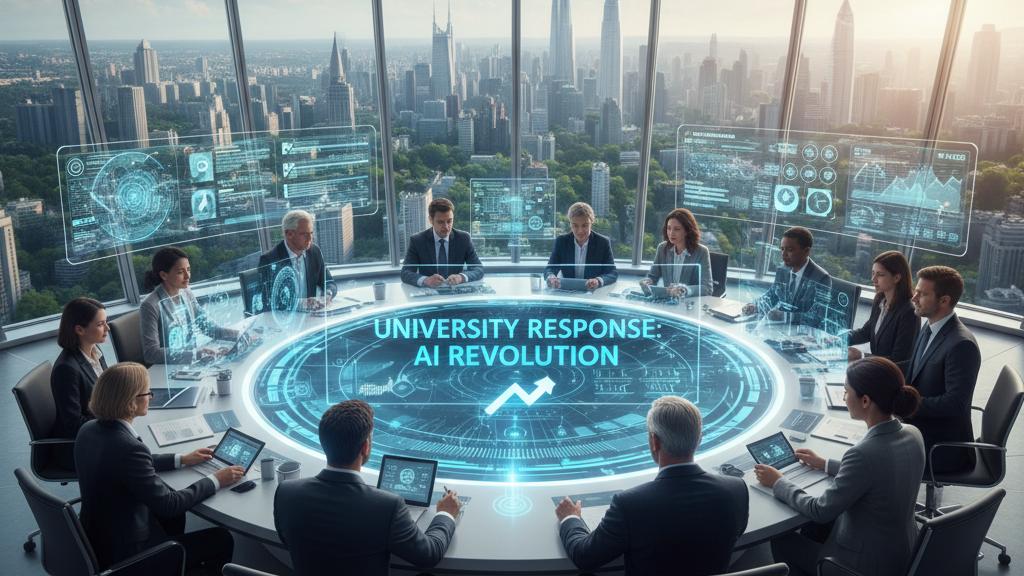
Source
The Guardian
Summary
Educators argue that generative AI is swiftly moving from a novelty to a necessary skill, and universities must catch up. Students are often more advanced in AI usage than academic institutions, which are playing catch‑up with policy, curriculum adaptation, and support services. The piece emphasises that being able to use AI tools (and understand their limits) should be as fundamental as reading and writing. Universities are urged to incorporate AI literacy broadly—across disciplines—ensure equitable access, and ensure that teaching still reinforces enduring human skills like critical thinking, creativity, and communication.
Key Points
- AI proficiency is becoming a life skill; many students already use AI tools, often more adeptly than institutions can respond.
- Important for students to evaluate what AI can and can’t do, not just how to use it.
- Universities should show leadership: clear AI strategy, support across all courses.
- Equity matters: ensuring all students have access and skills to use AI.
- Human skills (creativity, communication, thinking) retain their value even as AI tools become common.
Keywords
URL
Summary generated by ChatGPT 5


